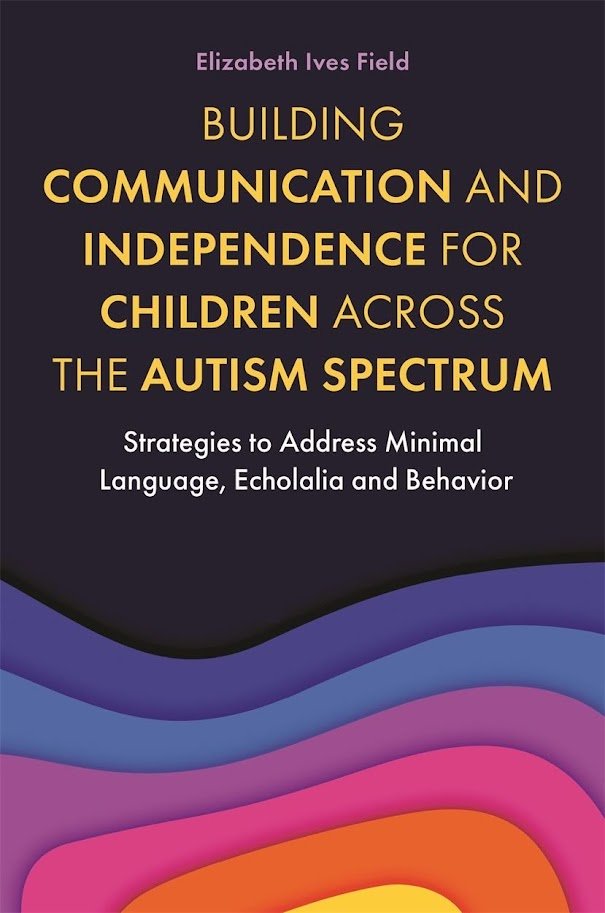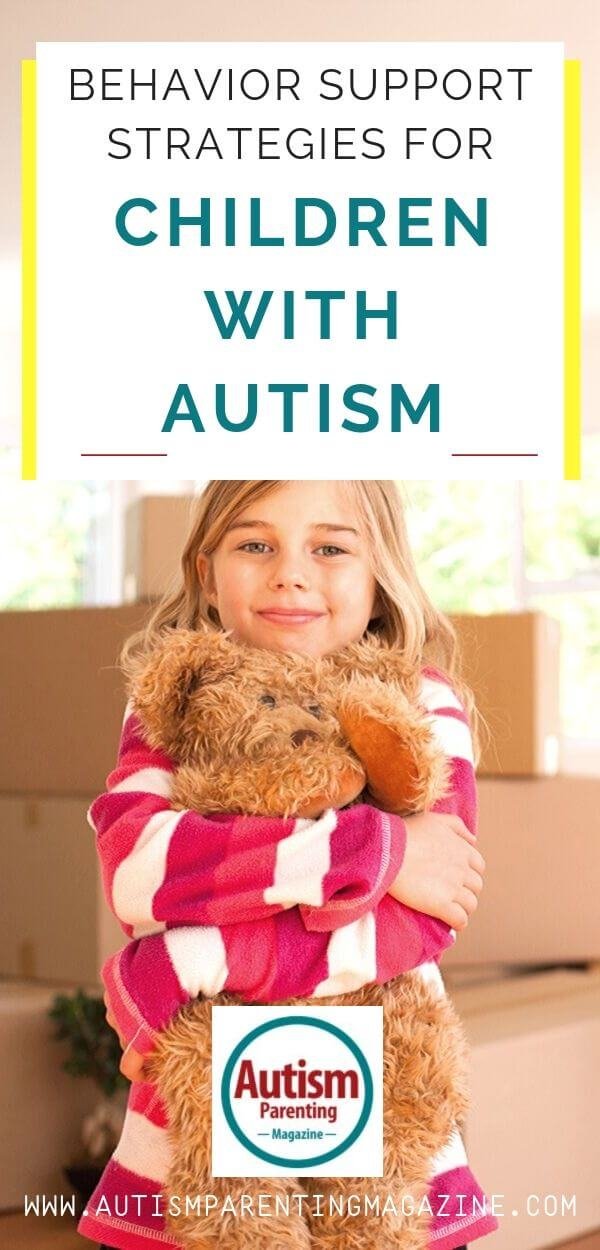Guest Speaker Series
Author of: “Building Communication and Independence for Children Across the Autism Spectrum” & “Meet Me Where I Am”
Elizabeth Ives Field, CCC SLP, Speech/Language Therapy & Consultant in Communication and Behavior to Autism Families & Educators
Elizabeth Ives Field, CCC-SLP, also known as Betsey, lives in Hudson, Massachusetts, presents at conferences, and writes books and articles on autism topics. She is the author of two books: “Building Communication and Independence for Children Across the Autism Spectrum: Strategies to Address Minimal Language, Echolalia and Behavior” (2021) London, Jessica Kingsley Publishers, and “Meet Me Where I Am : Navigating the Intersection of Autism and OCD.” She also writes a monthly newsletter about autism and communication on LinkedIn.
Elizabeth has provided speech/language therapy and communication/behavior consultation to autism families and educators for over 45 years to improve communication and interactions in schools and homes. She has presented at national and regional conferences on topics of autism and communication and has a particular interest in, and considerable experience with, echolalia and autism in both sighted and blind/visually impaired children. Betsey also writes a monthly newsletter about autism and communication on LinkedIn.
Building Communication and Independence for Children Across the Autism Spectrum: Strategies to Address Minimal Language, Echolalia and Behavior
Her first book “Building Communication and Independence for Children Across the Autism Spectrum: Strategies to Address Minimal Language, Echolalia and Behavior” explores nine different children, illustrating common difficulties, providing several sample goals and suggested teaching activities for autistic children with little or no speech, echolalic language or advanced language with social gaps. Here are a few brief excerpts:
Language models are your demonstrations of what the child could say at that moment. You are hoping they will imitate exactly what you just said, so your models should be at, and just slightly above, his current level of speech, not matched to their assumed level of understanding.
Play models are similar. You are showing him something he can do with a toy and hoping he will imitate you so it should not be complex...It is important to match the timing of your words to what the child is doing or watching you do. Some examples include: As he is lining up his cars, say "More" as he reaches for another one and "Car" as he picks it up and "Car" again as he puts it in the line. Make a tower, saying "More" as you reach for the next block, "On" as you place it on the tower and "Uh-oh!" when the tower falls. Hold a wrapping paper tube at a slant, put one of his cars in the top end, saying "In" as you do so, and then say "Go!" and let the car go down the tube. Repeat the words/ actions a half a dozen times before moving on - you can return to this again at another time where the child may join you or even initiate the action.
Model meaningful sounds as well as words. "Uh-oh" is one example. Others might be "mmmm" when he's eating something he really likes, "Ow!" when he scrapes his knee, "Whee!" as he whirls in a circle, "Uh!" when he's pulling on something. You could model "Uh!" as you pretend to struggle to pull apart large pop-beads or plastic eggs. Then drop the pieces in a bucket, saying "In" as you let go of each one. If the child grabs and dumps the bucket, you say "Dump!" as it is happening.
Other student examples, therapeutic activities and responses also include working on the difficulty echolalic children have with greetings, attention and focus during interaction, social behaviors; This book also examines the difficulties autistic children experience with communication which negatively impact their lives, as well as the challenging emotional issues of an extreme need to win during games that often impact those on the autism spectrum.
Meet Me Where I Am: Navigating the Intersection of Autism and OCD
This book, “Meet Me Where I Am: Navigating the Intersection of Autism and OCD is a memoir of a 12 year collaboration with Samuel, whose considerable intellectual gifts were complicated by autism, OCD, extreme anxiety and near-total inability to accept adult directives.
A few excerpts from the book:
Peering up at me from behind round glasses framed by shoulder-length brown hair, Samuel announced, “The postmaster stole my words and hid them in the dead letter office.”
“Ahhh,” I replied, trying to decide what to say next.
Ten-year-old Samuel had a diagnosis on the autism spectrum and his school team had asked me to make recommendations about his highly unusual but very consistent speech patterns. After years of home schooling, Sam began attending public school in fourth grade. Since then, he had been increasingly reinventing common words in ways unique to him. Once he changed them, the words stayed changed. He never accidentally said them correctly.
Also, a whole category of words had gone missing. Samuel proclaimed that his polite words and greetings were in separate packages deep in the back of the dead letter office. Apparently, when he was six years old, the adults at Samuel’s private school had insisted that he should, “say the magic words,” so these words had run away and later been captured by the postmaster. Now, four years later, he still could not utter please, thank you, hello, good-bye or similar polite or greeting words, ever.
We talked about a lot of issues during our extended times together, sometimes as they happened, like the day he dropped a beanbag chair on my cat and sat down in the beanbag. I was alerted by the muffled meows, rescued Micah and, with my arm around Sam, expressed my concern for the cat’s welfare. Sam had just been playing, and he was distressed by my reaction. He said I had hurt his neck, to which I replied, “It’s not your neck, it’s your feelings that hurt.” He recited a variation of a familiar theme, “You should never hurt my feelings no matter what bad things I do.”
More Information on Elizabeth, her books, and her monthly newsletters can be found below:
Amazon Book: Meet Me Where I am: Navigating the Intersection of Autism and OCD
Amazon Book: Building Communication and Independence for Children Across the Autism Spectrum
LinkedIn Profile Page for Elizabeth Field, CCC- SLP
LinkedIn Autism Fieldwork Newsletter (to read / subscribe)
Elizabeth Ives Field, CCC-SLP
Author, Therapist, Consultant, Educator








